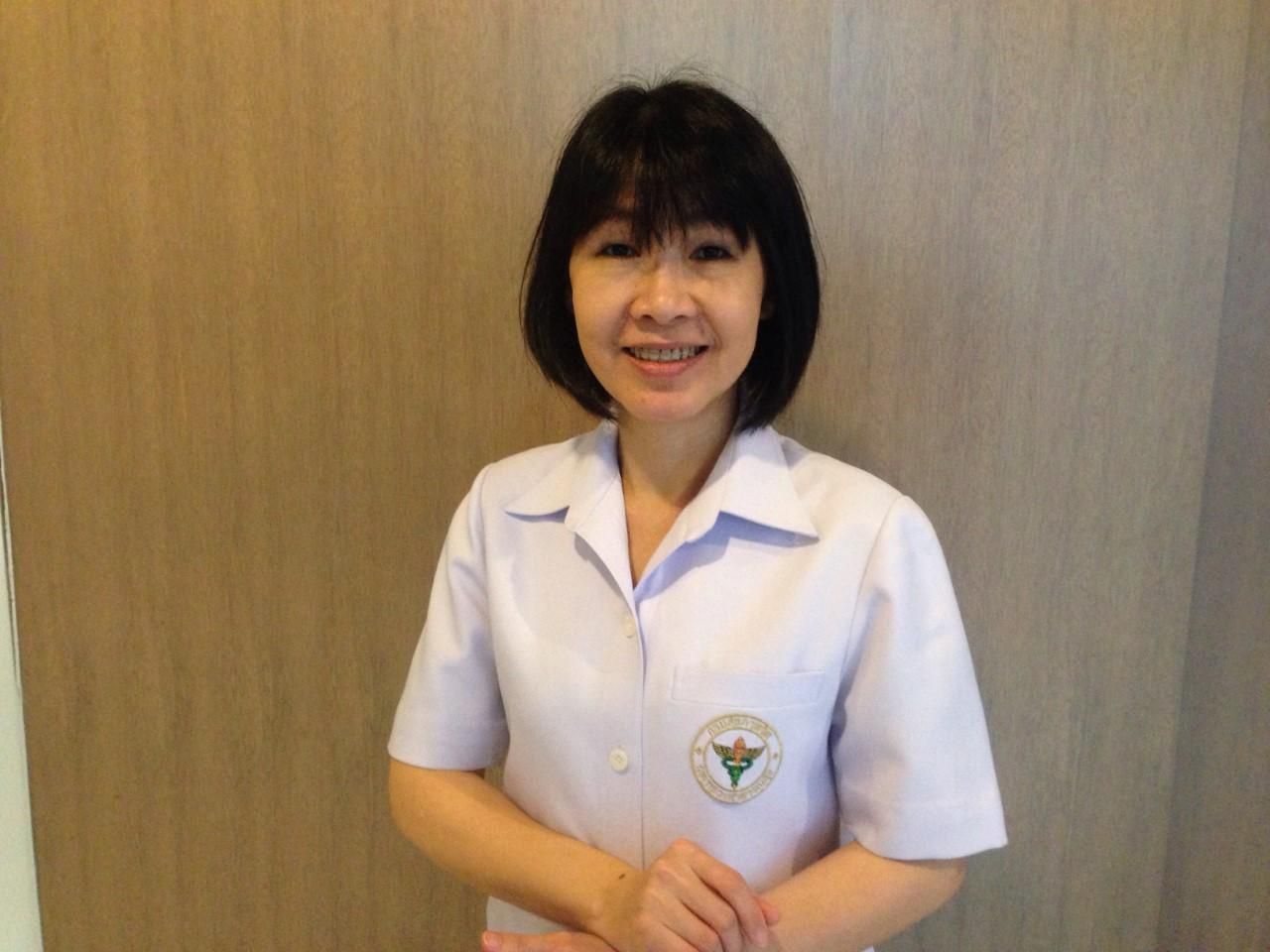More Thai women opting out of motherhood, survey shows
Calls grow for better benefits, education and fertility support

A nationwide survey conducted by the Thai Health Department has revealed that only 63% of Thai women aged 19 to 49 wish to have children, raising concerns about future birth rates and the need for stronger state support around reproductive health.
The study, which included 404 women with an average age of 34.2, also found that just 53% possessed sufficient health literacy regarding pregnancy, nutrition, and lifestyle.
Dr Amporn Benjaponpitak, Director-General of the Health Department, said that 67% of respondents were married or in a relationship, while 29% were single. Despite this, 88% said they wanted a partner, and 63% expressed interest in having children, while nearly a third preferred to remain child-free.
“The figures show a shift in mindset and priorities among Thai women. If we want to support family growth, we must first support the women who make it possible.”

Respondents pointed to the need for greater government support, including universal child allowances, expanded maternity leave with full pay for up to 180 days, and access to subsidised fertility treatments like IVF, ICSI, or free care following failed IUI procedures.
Dr Bunyarit Sukrat, Director of the Reproductive Health Bureau, noted that most women surveyed were aware of risks during pregnancy associated with poor mental health, substance abuse, and chronic conditions such as hypertension and diabetes.
However, there were knowledge gaps in key areas. According to Dr Akkarawat Piaopongpakawat, Director of the Health Literacy and Communication Promotion Division, only just over half the participants had adequate understanding of maternal age, body weight, blood sugar, and pregnancy-related infections.
“Women showed strong awareness about general health and nutrition but lacked knowledge in specific medical factors that significantly impact maternal and foetal health.”
In response, the department is ramping up communication campaigns across online platforms and healthcare networks. These aim to improve awareness of high-risk pregnancies, the importance of pre-pregnancy nutrition, and the prevention of infections such as HIV and syphilis.
Plans are also underway to provide reproductive health consultations, while the government considers new benefit schemes to encourage pregnancy and improve support systems for aspiring mothers, reported Bangkok Post.
The findings are expected to shape upcoming policies, as Thailand faces a future of declining birth rates and changing family dynamics.
Latest Thailand News
Follow The Thaiger on Google News:


























